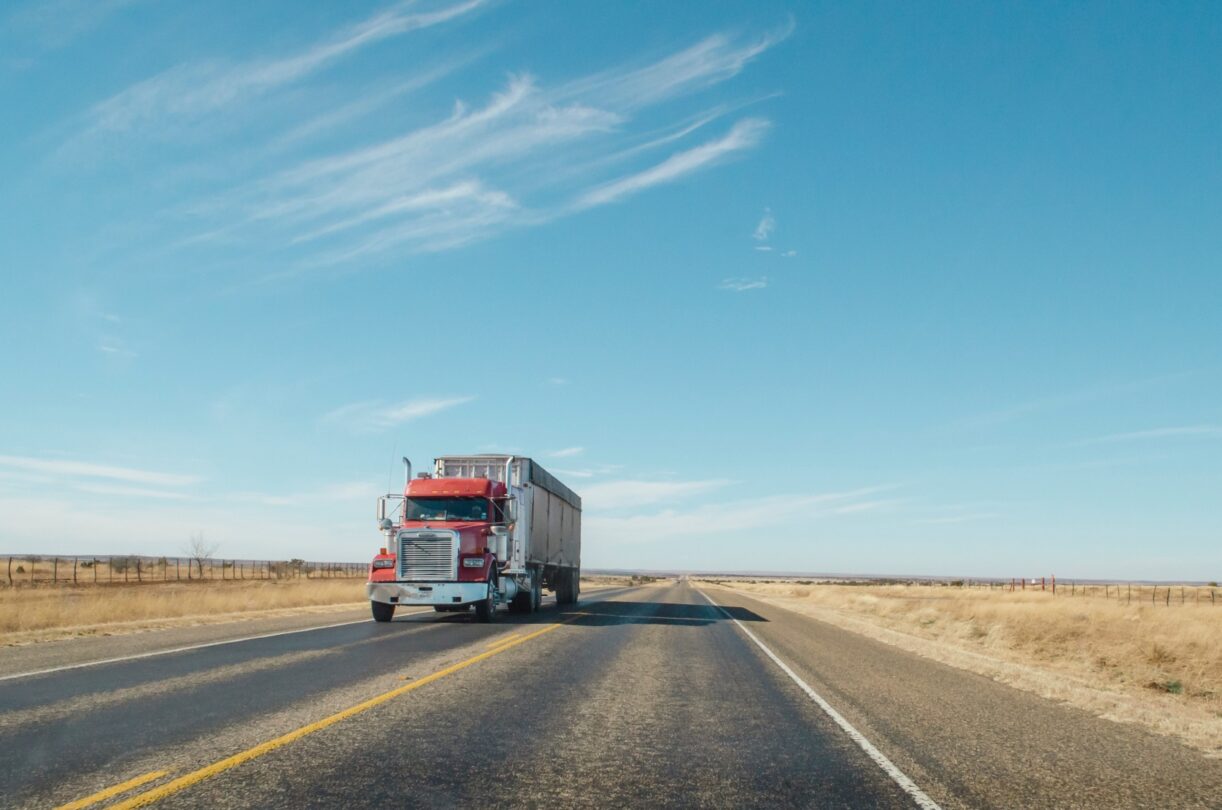Strategy, Legal & Operations
How to set up a trucker or haulage business
95% of goods in Ireland are transported by road, so there is plenty of opportunity…

Want to set up your own trucker or haulage business? There is plenty of opportunity for those setting up a trucking business or looking to grow their existing firm. Supply chains for any number of industries rely upon the large network of roads in Ireland that cover cities, towns and rural areas in every county.
Outside Ireland, there are also import and export opportunities, with many local or national firms looking for freight forwarding companies and hauliers to connect them to Ireland.
There are a number of ways in which trucking operates, giving you a choice when setting up your haulage business. These include operating as a sole trader, where you take on contracts via a haulier. Another option is to set up as the haulier in question, with a team of lorry drivers on your books to send out on jobs.
Read this for tips to set up as a self-employed trucker or to create your own haulage business.
Setting up as a self-employed trucker
Many truckers who have been employed by large companies or haulage firms find they can gain more from being self-employed, either financially or to gain a better work/life balance. After getting your HGV (heavy good vehicle) licence, you’ll need to take care of a few areas to make self-employment work for you:
Business planning
Even though you are working for yourself, you’ll still need a business plan, and it can be quite simple. It will help with your planning and give you direction as you seek to grow your business.
Your business plan will help you focus on your goals, who your ideal customers are, what the market looks like, what your pricing will be, and what your financials look like.
As part of your business plan, it might be helpful to do a SWOT analysis, so you are clear on your strengths, weaknesses, opportunities and threats.
A self-employed trucker operating in the grain haulage sector might have a SWOT that looks like this:
Strengths
- Flexible to client’s needs
- Lower overheads than haulage firms
Weaknesses
- Lack of resources
- Small amount of capital resources
Opportunities
- Ireland has a thriving road haulage industry
- The country is mainly rural, agriculture is a large industry
Threats
- Agriculture is seasonal, so there’s need to plan for quiet periods
- Work may be scarce if there is a bad harvest
Along with your SWOT analysis, you will need to think about where you will get your business from.
Get to know local haulage firms and use previous connections with companies you’ve already worked with. You may also want to advertise in trade press or local newspapers, depending on the cost.
Think about complementary industries too – such as the mechanics you use – as they may recommend you to their other corporate clients.
Asset financing
Your largest expense is likely to be the type of truck that you’ll go for. Be it a curtainsider, a flatbed or another model. It all depends on what you need it for – you may want to offer refrigerated haulage for the food industry or need a crane truck if you work in construction.
Unless you have the cash from savings, you will need to take out a loan to make this investment. Talk to your bank or a specialist heavy goods vehicle finance lender about accessing finance for your truck.
You’ll need to show a business plan and some may require the finance to be secured against your home if you are a sole trader.
Running costs
Once you have your truck, you must consider how much it will cost to run both the vehicle and your business, and if this matches up with what you intend to charge to clients and haulage firms. Some of your running costs will include:
- Loan repayments from asset finance
- Tax and insurance
- Fuel
- Maintenance and repair
- Depreciation
- Food and drink plus overnight accommodation while travelling
- Training and HGV licences
- Health and safety requirements.
You’ll need to be clear about what a job will cost you in terms of fuel and other supplies, as well as putting an amount away for insurance, maintenance and taxes too.
Insurance
You will need commercial HGV insurance to protect yourself, your vehicle and the contents of it while you are working.
As well as covering theft, loss or accidental damage, you will need insurance that covers what you are transporting too. You will need specialist cover if, for example, you are transporting hazardous chemicals or livestock.
Look for insurers that are affiliated with the Irish Brokers Association or the Brokers Federation of Ireland.
Accounting
As you spend long hours at the wheel, you’ll need to make your accounts as simple as possible, and as automated as you can. Online accounting software can be used via a smartphone to make reviewing accounts easier – great if you aren’t desk-based.
There are a number of factors you need to take care of as part of your accounting process:
- Set up a quoting template, to make sending estimates short work
- Set an invoicing date each month, to allow you to have good credit control
- Allow customers to pay via bank transfer or online payments
- Set up automatic reports to alert you to overdue invoices
- Get into the habit of keeping a record of all expenses
- Regularly review your accounts to ensure you are allowing for taxes and other fees.
Managing and setting up a haulage business
If you want to set up a haulage business, you will have many of the same considerations as a self-employed contractor but on a larger scale.
You will need to access funding or investment to set up your business and this will include vehicles and equipment but also premises as well. Your business plan will need to be more complex and cover staffing costs, projections and plans for growth too.
Insurance will need to cover vehicles and the goods they transport but you will also need public liability and employer’s liability cover for your business too.
Your accounting concerns are similar and you should put in the right processes to manage quotes, invoicing and expenses but also payroll too.
Because your drivers don’t tend to work set hours, you will need a flexible payroll software to allow you to quickly calculate their wages based upon hours worked. Some drivers, if they are contractors, may invoice you instead so you will need to separate them from your payroll.







Ask the author a question or share your advice